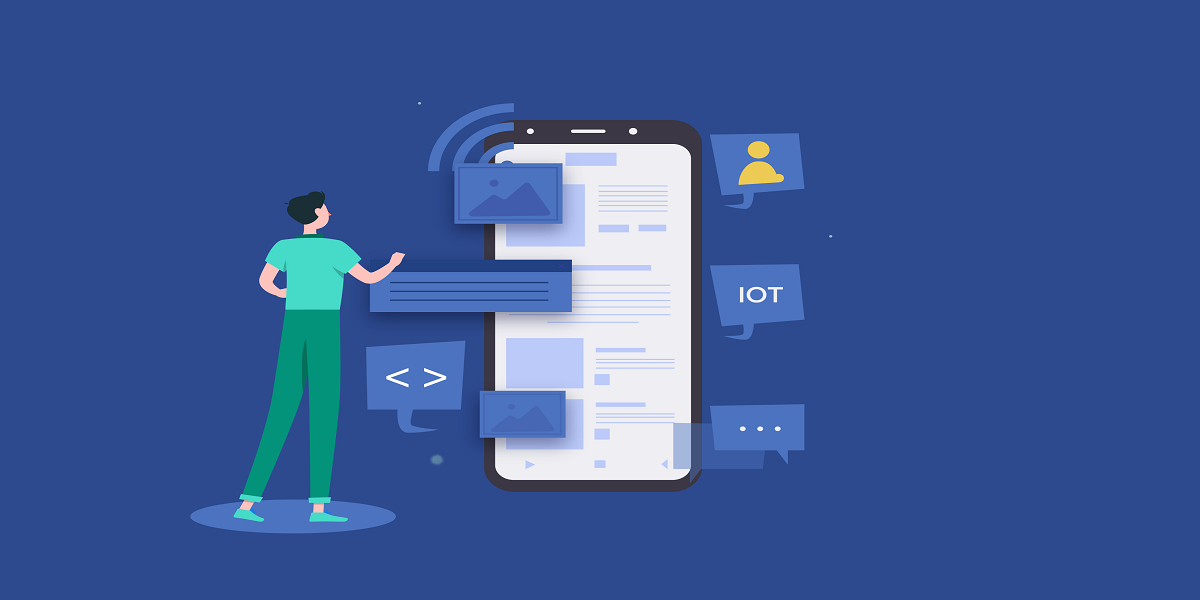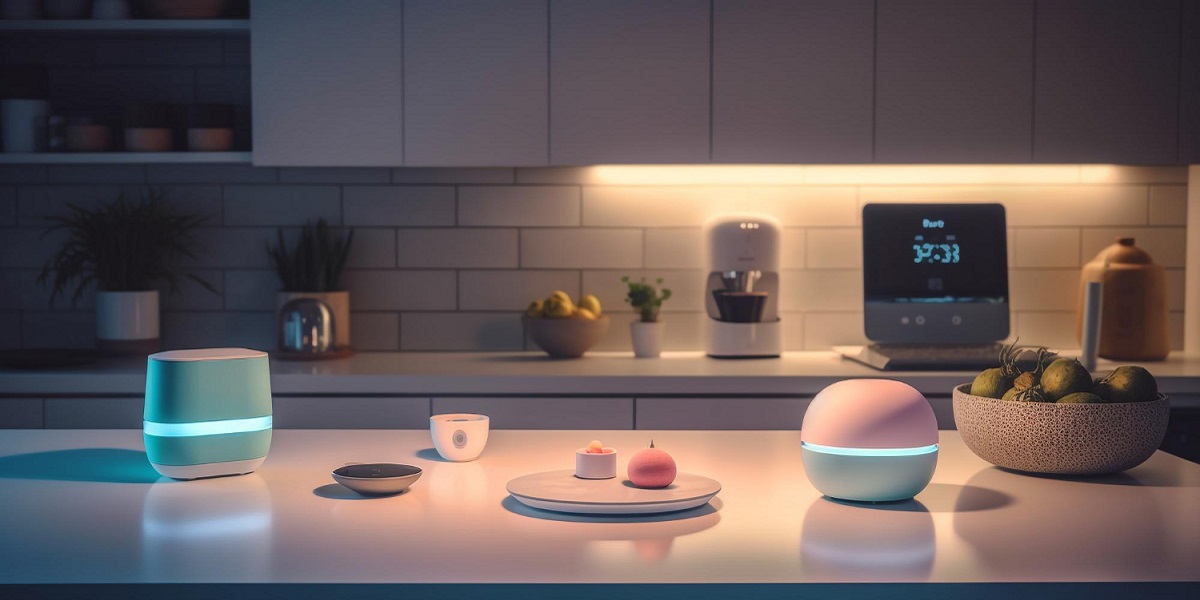
How IoT & ML Have Made Huge Changes in Mobile App Development
- By Vincent Martinot
- 15-09-2021
- Technology
From the time we started to use smartphone apps in all walks of life, advanced technologies continued to knock on our doors from time to time. Just within a decade, mobile apps became our closest companions.
While new technologies continued to turn apps smarter, two technologies brought the biggest promises to the app world. The connected reality brought by the Internet of Things (IoT) gadgets and the Machine Learning (ML) technology made considerable value additions to the mobile apps.
Here we are going to explain the impact of these two technologies on mobile app development.
The impact of machine learning
Mobile app developers made huge gains brought by the revolutionary accessibility to data promised by machine learning technology. The biggest promise of ML technology is customizing the user experience based on user inputs and user feedback.
Here we list some of the ways Machine Learning made an impact on mobile app development.
Reduced Latency
App developers all over the world do everything to keep the impact of network latency on their apps. On-device machine learning by leveraging smart filtering and data management can largely keep latency in check resulting in faster loading time.
The advanced Smartphone chips offered by Apple is a testimony of the increasing importance of reduced latency for delivering a superb user experience with a lot of app functionalities. The pré-loading of ML Kit by Google as part of its app offerings is another example of how the entire tech fraternity is working to make low latency performance possible.
Optimized Security and Privacy
On-demise machine learning by leveraging edge computing principles can also enhance the app’s security and privacy to a great extent. Since in the present context providing protection and privacy to the app user's data is a crucial requirement, the technology has a far-reaching impact on the developers.
On-device machine learning ensures optimum decentralization of data and computing tasks in the same manner Blockchain works. Thanks to data-centric operations in the device or in the edge of a network it becomes really difficult for hackers to target any particular device in a connected network and carry out a DDoS attack.
The on-device machine learning technology has been further advanced by the bionic chips of Apple flagship phones to enhance user security and privacy. This value addition made the new processing chips in the Apple devices offer great support for Face ID recognition.
Less reliance on Internet Connection
Apart from the latency issues, active data transfer involving cloud networks always needs a smooth internet connection and this is another area where on-device machine learning can play an impressive role by checking the dependence on the network connection. This is particularly helpful in areas and times when connectivity is an issue.
Thanks to the on-device machine learning and neural networks working on smartphones, developers are now capable of deploying any advanced technology on several devices at any point in time with or without internet connectivity. This can lead to the democratization of Machine Learning technology for delivering a superior user experience.
Cost advantages
On-device machine learning in the context of mobile app development is likely to help developers avoid their dependence on third-party service providers for integrating required solutions. Just because businesses for implementing new technologies need to rely less on cloud services or internet-based apps, this can lead to great cost savings.
It has been found that the GPUs and the AI-based processing offered by the cloud platforms consume a considerable cost for the development companies and businesses. In contrast, the neural processing power and machine learning operating locally within smartphones can reduce the cost to a great extent.
The impact of IoT
Mobile apps have been at the very center of the fast-proliferating connected reality of gadgets and they are leaving a positive impact on mobile app development. Let's have a quick look at the key ways IoT impacted mobile app development.
Smart home automation apps
Now the IoT has paved the way for smart home automation with the mobile apps remaining at the controlling role for all kinds of digital as well as device interactions. The IoT brought a new breed of smart home automation gadgets and their connected apps.
More concentration of hybrid and cross-platform apps
Since IoT apps built specifically for specific gadgets need to address users across all platforms with a highly consistent mobile user experience, the app world now has a more concentration of hybrid and cross-platform apps.
More security safeguards
Though the multiple data entry points of IoT apps have a negative impact on the app security as vulnerabilities and security risks increased considerably, the same also prompted more robust and powerful security safeguards for the app projects. Thanks to the increased security challenges posed by IoT apps, the importance of security measures gained more weightage in the scheme of things of a developer.
Creating more convenient and Interactive Mobile Apps
Thanks to IoT, now developers can build apps that are more user-focused, interactive, and intuitive in user experience. Just because they help establish connections to the IoT devices, they are likely to provide better and more results compared to any other regular app.
As the vast majority of people now enjoy uninterrupted access to the internet, most of us are already habituated to interact with IoT devices frequently and often. The IoT apps adding more convenience and ease to the everyday living contexts boost the volume of digital interactions.
Conclusion
All these impacts that these two technologies left for the majority of mobile apps give us a clear testimony of the huge number of changes underway in the app development world. In the years to come, these technologies will play a bigger role in driving innovation through apps.
Recent blog

Harnessing Social Media: Tactics For Powerful Marketing Success Achievement
Social Media | 25-07-2024
7 Hidden Secrets of MSI Laptop Boot Menu Key
Technology | 24-07-2024




